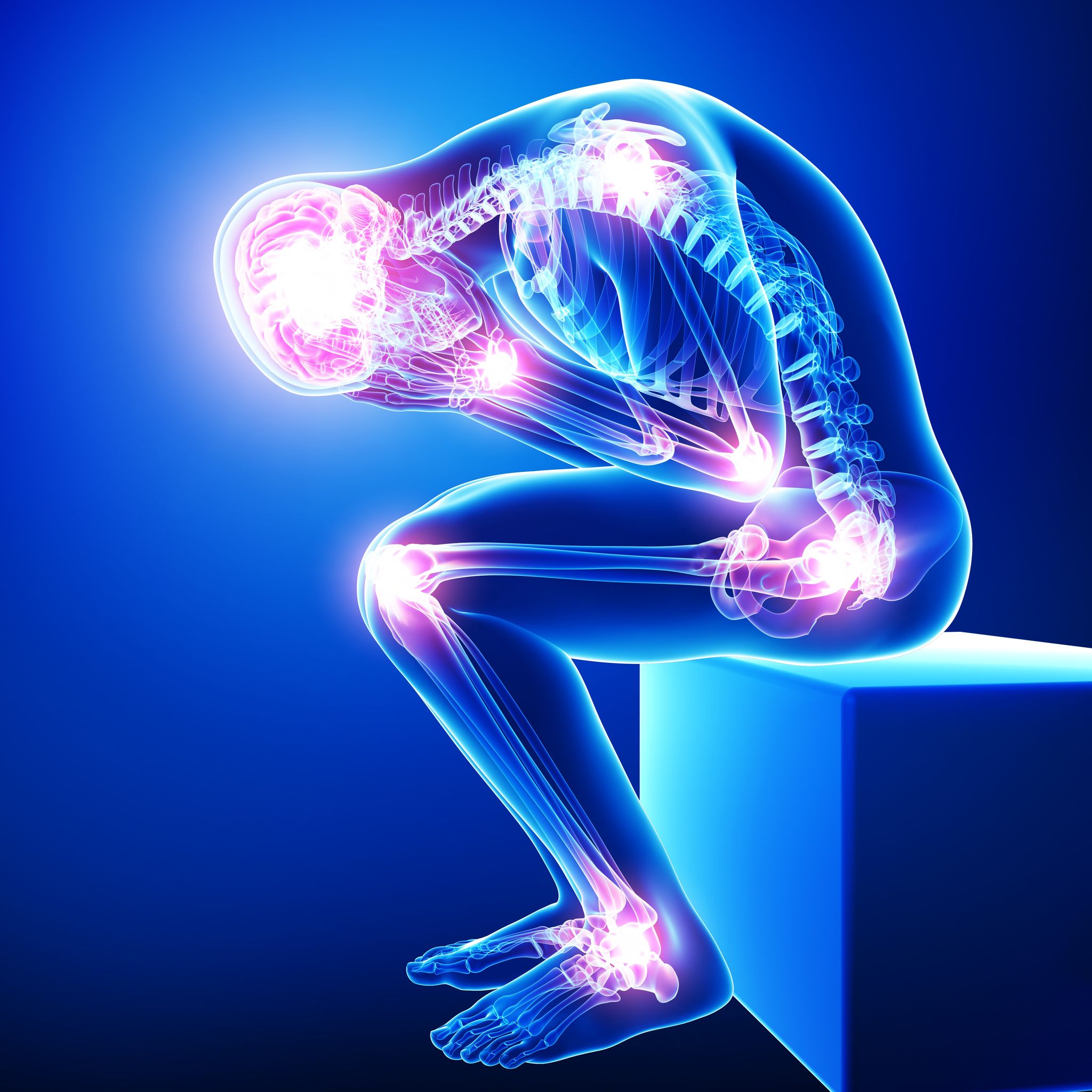You may have heard about gout or someone you know having gout as it is one of the most common inflammatory arthritic conditions. Gout is the result of uric acid levels being too high in the body, which is referred to in medical terms as “hyperuricemia.” Uric acid is a waste product that is created when the body breaks down chemical compounds called purines. Purines are naturally produced by the body and are also found in certain food and beverages. The body must remove uric acid from the blood as your body continues to create more and you intake purines from eating and drinking. To do this, uric acid typically travels through the blood to the kidneys for it to leave the body via urine in order to maintain proper levels. When uric acid levels are too high in the blood, usually due to eating and drinking foods high in purines, it starts to form crystals around the joints. These crystal formations around a single joint or multiple joints can be extremely painful, which is known as a “gout attack.”
Arthritis Pain? Try Moving!
Progression of Gout:
There are four stages to consider with gout.
– Stage 1: Uric acid levels get higher and higher and build up in the blood, leading to formation of crystals around the joints
– Stage 2: This is the gout attack stage. Symptoms start to occur around the affected joint such such as swelling, warmth, tenderness, and pain. The most common body part affected are the joints of the foot, especially the big toe. Gout can also occur in other joints such as the finger, ankle, and knee joints.
– Stage 3: Once the gout attack is treated and subsides, there is a period of remission between gout attacks.
– Stage 4: Chronic gout can occur where gout attacks happen frequently.
Treatment of Gout:
There are two components to gout treatment: treating the acute gout attack, and preventing further gout attacks.
To treat gout attacks, there are multiple medications that may be used to stop the painful inflammatory process of the crystals formed around the joints. This includes medications such as colchicine, non-steroidal anti-inflammatories (NSAIDs) like naproxen and indomethacin, or steroids like prednisone. The treatment of choice for a gout attack will be individualized based on factors specific to each patient to determine the best medication for them to use. Icing and elevating the affected joint may also be helpful.
To prevent further gout attacks, medications referred to as urate lowering therapies (ULTs) are utilized. The most common ULT is a medication called allopurinol. According to the American College of Rheumatology, ULTs such as allopurinol should be started at a low dose and increased to a goal uric acid level of < 6mg/dL. When first starting a ULT medication, patients need to continue to take the colchicine, NSAIDs, or prednisone being used to treat the gout flare for 3-6 months to prevent additional acute flares during this time period. Patients who have one or less gout attack per year do not have to be started on ULT for prevention of gout if they also do not have any of the following: moderate-severe kidney disease, uric acid levels > 9mg/dL, or history of kidney stones. Patients who have two or more gout attacks per year should be started on ULT. Finally, it is important for people with gout to limit consumption of foods and drinks high in purine. This includes but is not limited to alcohol (especially beer), red meat, organ meat, and shellfish.
Resources:
1. https://my.clevelandclinic.org/health/symptoms/17808-high-uric-acid-level
2. https://www.rheumatology.org/Portals/0/Files/Gout-Guideline-Final-2020.pdf
3. https://gouteducation.org/what-is-gout/gout-flare-triggers/












